 | Horatio Nelson Robinson - Algebra - 1872 - 436 pages
...therefore, kg. ( - J = x — я = log. m — log. я. б. — The logarithm of any power of a number ù equal to the logarithm of the number multiplied by the exponent of the power. For, let m = a" ; then x = log. m. By involution we have mr = a"; therefore, log. (mr) = rx = r log.... | |
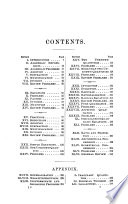 | Daniel Barnard Hagar - Algebra - 1873 - 278 pages
...equation a" = n, member by member, we have in which x— y is the logarithm of the quotient — . 5. The logarithm of any power of a number is equal to...the number multiplied by the exponent of the power. For, raising both members of the equation ax = m to any power p, we have a?* = mP, in which xp is the... | |
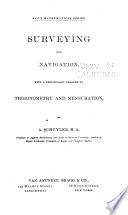 | Aaron Schuyler - Measurement - 1864 - 506 pages
...12.234 : 87.5 X 3.7547 : : 56.5 : j, to find x. Ans. 2014.96. INVOLUTION BY LOGARITHMS. 22. Proposition. The logarithm of any power of a number is equal to...the number multiplied by the exponent of the power. Let (1) b' =n; then, by def., log n = x. (1)»=(2) bp'=np; then, by def., log np=px. . . . log np =... | |
 | Aaron Schuyler - Measurement - 1864 - 512 pages
...12.234 : 87.5 X 3.7547 : : 56.5 : r, to find z. Ans. 2014.96. INVOLUTION BY LOGARITHMS. 22. Proposition. The logarithm of any power of a number is equal to...logarithm of the number multiplied by the exponent of thc power. Let (1) b* =n; then, by def., log n =z. (1)'=(2) b'*=n'; then, by def., log n'=px. . •... | |
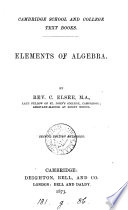 | Charles Elsee - 1873 - 320 pages
...if»>m, loga is negative, ie the logarithm of a number less than unity is negative. 160. — PROP. The logarithm of any power of a number is equal to the logarithm of the number, multiplied by the index of the power. For if x = log . га, я = о*, . • . nm = a1"* . • . loga (я™) = mx =... | |
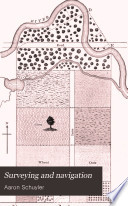 | Aaron Schuyler - Navigation - 1873 - 536 pages
...2014.96. INVOLUTION BY LOGARITHMS. 22. Proposition. The logarithm of any power of a number is egual to the logarithm of the number multiplied by the exponent of the power. Let (1) b• =n; then, by def., log n =x. (1y=(2) b"=n'; then, by def., log n'=p . • . log n' = p... | |
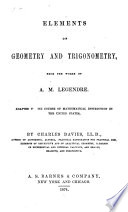 | Adrien Marie Legendre - Geometry - 1874 - 500 pages
...of (4) to the power denoted by p, we have, 10'' = mr ; whence, by the definition, xp = log mr (8.) That is, the logarithm of any power of a number is...the number multiplied by the exponent of the power. 8. Extracting the root, indicated by r, of both members of (4), we have, 10r = whence, by the definition,... | |
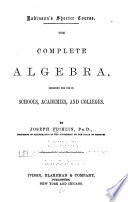 | Joseph Ficklin - Algebra - 1874 - 446 pages
...subtracting the logarithm of the divisor from that of the dividend. Dividing m = a* by n = 0", 562. The logarithm of any power of a number is equal to the product of the exponent of the power and the logarithm of the number. Kaising both members of the equation... | |
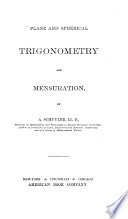 | Aaron Schuyler - Measurement - 1875 - 284 pages
...12.234 : 87.5 X 3.7547 : : 56.5 : x, to find x. Ans. 2014.96. INVOLUTION BY LOGARITHMS. 22. Proposition. The logarithm of any power of a number is equal to...the number multiplied by the exponent of the power. Let (1) bz =и; then, by def., log n =x. (1)*=(2) 6"x=n!'; then, by def., log n'—px. . • . log... | |
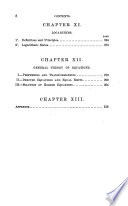 | William Guy Peck - Algebra - 1875 - 348 pages
...have, aP* = mp; whence, by definition, px — Log mp; . . . . (7) hence, the following principle: 3°. The logarithm of any power of a number is equal to...the number multiplied by the exponent of the power. If we extract any root of both members of (3), denoted by r, we have, ar = whence, by definition, ^... | |
| |